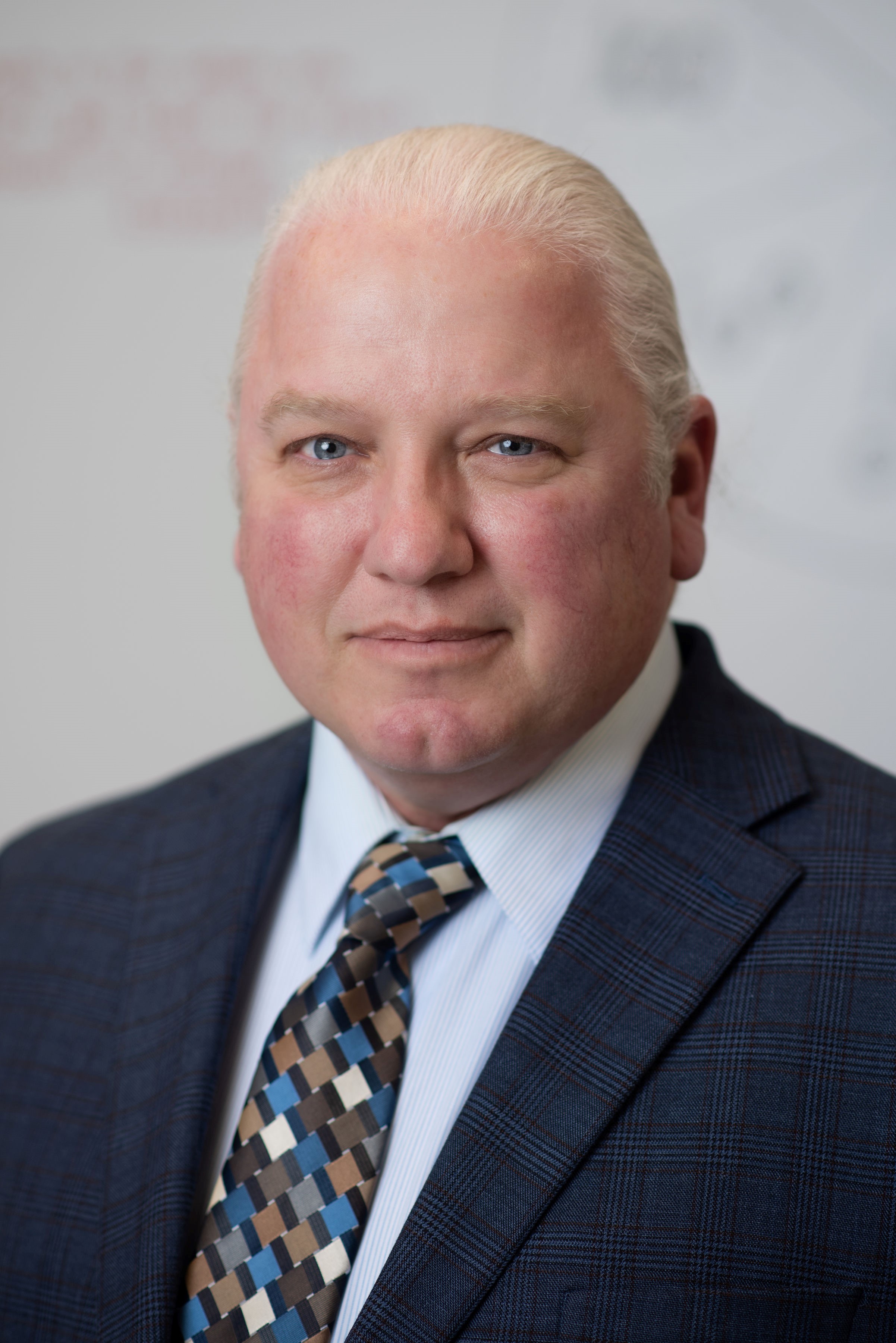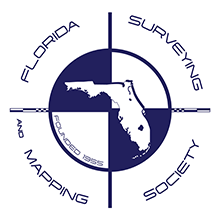- Home
- About Us
- Membership
- Education
- FSMPAC
- Sustaining Firms
- Conference
- Newsroom
- Resources
September 2020
I recently ran into an interesting circumstance while making application to another state for licensure. My path through licensing and education was circuitous, as it is for many surveyors. I got my Master’s degree in Geomatics, but had done other work as an undergrad. I had read all the foundational textbooks and had years of experience in the application of those principles, so I never ended up taking the fundamental courses in surveying in college. In graduate work, I focused on the more complex and esoteric topics that I had not already worked through extensively. As it happens, the requirements for licensure in this other state mandate a variety of the rudimentary undergraduate courses in surveying, with not much in the way of discretionary relief. As the rules are written, my years of experience, advanced degree in the field, and multiple state licensures do not address the specifics of this education requirement. So, what to do? Petition the regulatory board of that state for an exception? Their statutes may have a little airspace in them for such an effort. Perhaps I could approach a legislator and explain that the rules for licensure are too strict, and should be revised? I refuse to take those paths. Surveyors often come to the profession in many nontraditional ways. This means that when a state does its best to set a standard that will protect the public interest, not everyone will fall neatly within the requirements. This is just life and is not cause for whining. I am going to address the issue by taking the required fundamental courses and respecting the requirements that the other state has set in the interest of the welfare of their citizens. I think that nobody should try to assert that they are above the rules. Fortunately, my employer is very supportive, as I would hope for most employers to be. I am very grateful to them, regardless. The availability of online courses and the helpfulness of the staff at the University of Florida have made starting this effort as painless as possible. To be clear, there are other fine online options, but returning to my alma mater is an easy choice as I know from direct experience that they are an exemplary institution. I am relating my own experience here to make this point: the protection of the public interest is a trust placed in the licensee which should not be compromised. Practical experience is just as important as education in creating a good surveyor. As the profession evolves, it becomes increasingly evident that experience alone is not a satisfactory replacement for education in meeting the rigorous demands which modern surveyors do face and will face. This is not to slight the work of those whose licenses were grandfathered in prior to the requirement of a 4-year degree, as I have learned a lot from many such surveyors. However, as the legal and technical requirements of the industry grow progressively more complex, the mandate for advanced education becomes ever greater. The public simply deserves the best from the profession in matters relating to the most valuable thing that most people will ever own – their home and the land it is built upon. We owe our livelihoods to our clients and it is appropriate that we adhere to the high standards that help ensure that their interests are defended. |

